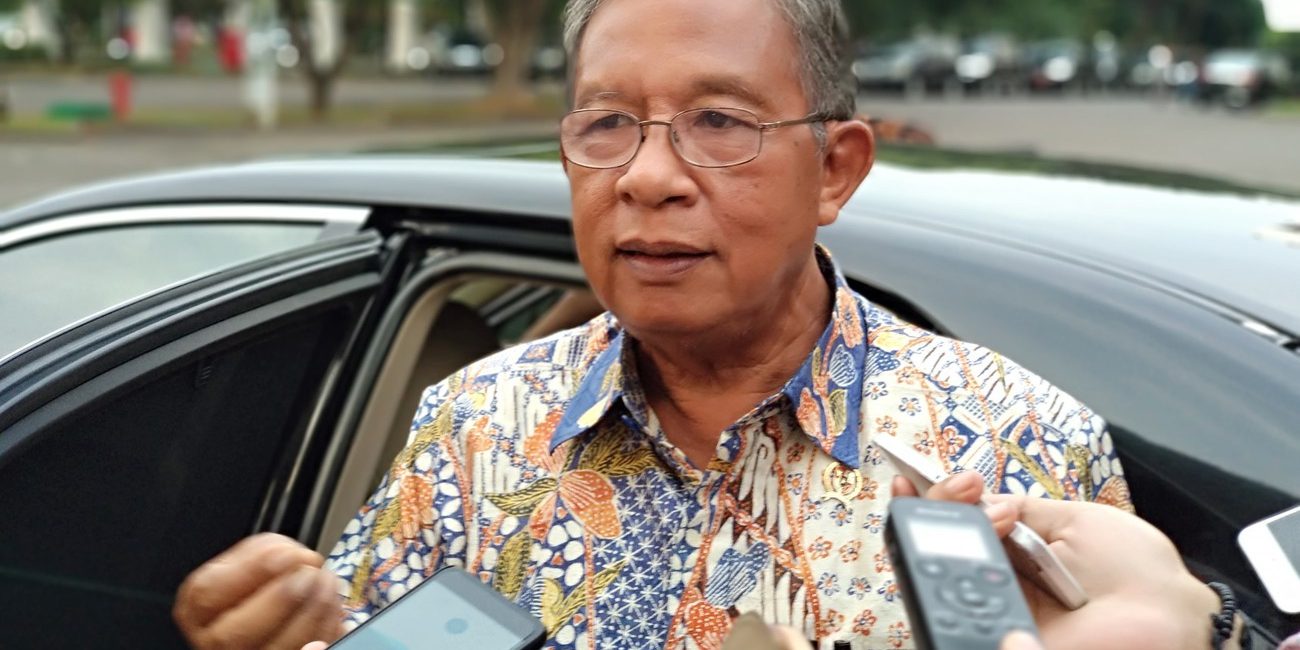Monday, 27 May 2019 | The Jakarta Post
Coordinating Economic Minister Darmin Nasution has welcomed the adoption of Japanese technology that can convert liquid palm oil waste, known as palm oil mill effluent (POME), into valuable products such docosahexaenoic acid (DHA), an omega–3 fatty acid, and animal feed.
The Novel Algae–DHA Technology was developed by Japan’s Mobiol Corporation and Tsukuba University.
Darmin said the adoption of the technology was important for Indonesia, as the world’s largest palm oil producer, because it could attract investment, boost exports, address environmental issues and improve economic activity.
“[…] The Novel Algae Technology can boost financial returns and address environmental issues, so it is better than the current technology used to manage palm oil,” Darmin said at a seminar over the weekend as quoted by kontan.co.id.
In Indonesia, there are currently 875 firms that produce palm oil products, which produce some 156 million tons of POME per day.
Mobiol Corporation Group CEO Toshihide Nakajima explained that the global demand for DHA was around 250,000 metric tons (MT) annually, while the demand for aquatic and animal feed was estimated at 4 million MT and 1 million MT per year respectively.
Mobiol Corporation projects that sales of DHA could be four times higher than the revenue from the currently produced palm oil products, while sales from aquatic and animal feed could be two times higher.










